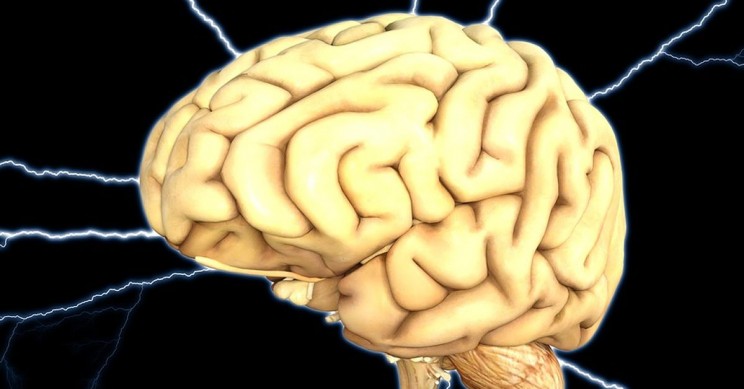Learn about brain health and nootropics to boost brain function
LED Devices Could Increase Memory Retention In Astronauts


A Bioengineering professor at the Univesity of Texas in Arlington has been commissioned to investigate the possibility of using LEDs to improve memory and cognitive function in astronauts whilst on space missions. The idea is to use directed light from LEDs to literally, and metaphorically, illuminate their brains.
The Professor, Hanli Liu, is a co-primary investigator of an $800,000 NASA grant and believes it could be successful. The other co-primary investigator is Jacek Dmochowski, assistant professor of bioengineering at the City College of New York.
The premise is to use light-based technology to increase the activity of mitochondria in brain cells to improve astronaut cognitive function whilst in space.
What are they trying to achieve?
Professor Hanli Liu has spent most of her career researching how lasers delivering near-infrared light to detect human brain defects like traumatic brain damage and PTSD. This research has recently been expanded to include research into how the same technique could be used to provide the possibility of non-invasive means of improving cognitive function.
She has managed to discover that the technique appears to be able to boost mitochondria activity in brain cells. Being able to have this effect on Mitochondria, being the power plants of all Eukaryotic cells, would result in increased cerebral metabolism resulting in a useful technique to mitigate memory loss.
Clearly, lasers are a little unwieldy and unpractical for such a purpose on space missions. And that's where the purpose of the new NASA grant comes into play.
If the technique could be adapted to use LEDs, rather than lasers, as the delivery system it might have great utility during space missions. More specifically, it is Lui's mission to find the specific wavelength range and duration necessary to achieve a similar effect to lasers here on Earth.
If LEDs could be used to replace lasers, being smaller in size and weight, could, conceivably, be incorporated into things like headbands that are easily stowed and worn. Not only that, but the light generated by LEDs are considerably safer for human subjects.
"Researchers have evidence that memory can be improved right after shining light on specific areas of the human brain for eight to 10 minutes," said Professor Liu.
"We are trying to demonstrate that if we can increase power in LEDs within safe levels, we can make LED light reach the cortex, just like a laser, but safer, smaller, easier and more portable to use," she added.
Is this research actually necessary?
Various studies of long-term space missions have shown that the stresses of extra-terrestrial expeditions can have noticeable effects on the human brain. Whilst it is unclear if these changes would be 'mission critical', they certainly raise concerns about the long-term performance of astronauts off world.
Professor Lui and her peers certainly believe this is a potential bottleneck for space longer-term space exploration.
"Workplace pressure is difficult to deal with on Earth, but adding the stressors of an environment such as space can have negative effects and impacts on performance and memory," said Michael Cho, chair of the Bioengineering Department
"Dr. Liu's research has made important strides in this area, and if she is successful, her work on this new grant could be a crucial component of long-duration space exploration."
If we are destined to expand our influence beyond planet Earth, the research of the likes of Professor Lui might be absolutely necessary for future human colonists to survive and thrive in the cosmos.
Only time will tell, of course.

Click here to view full article